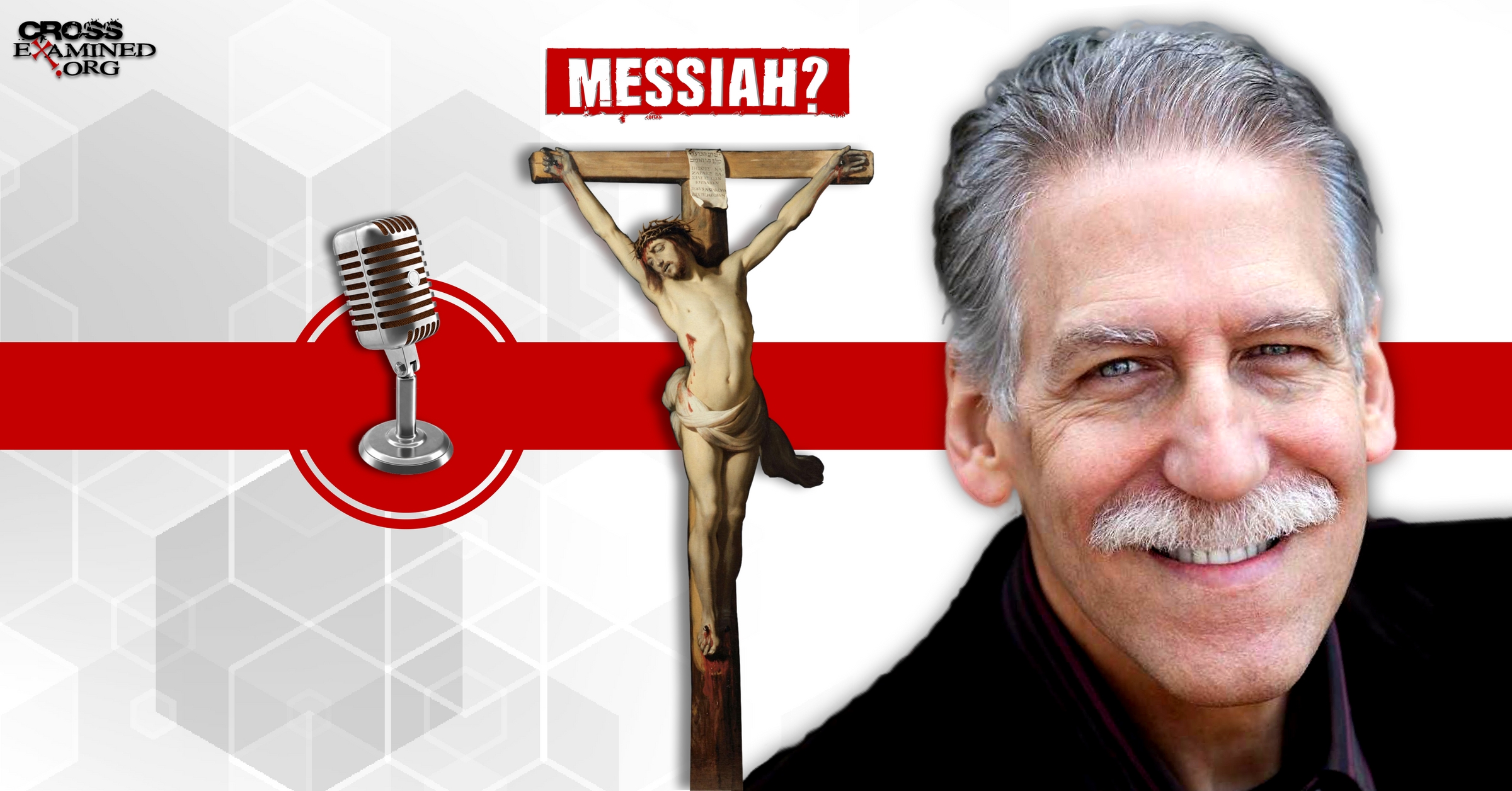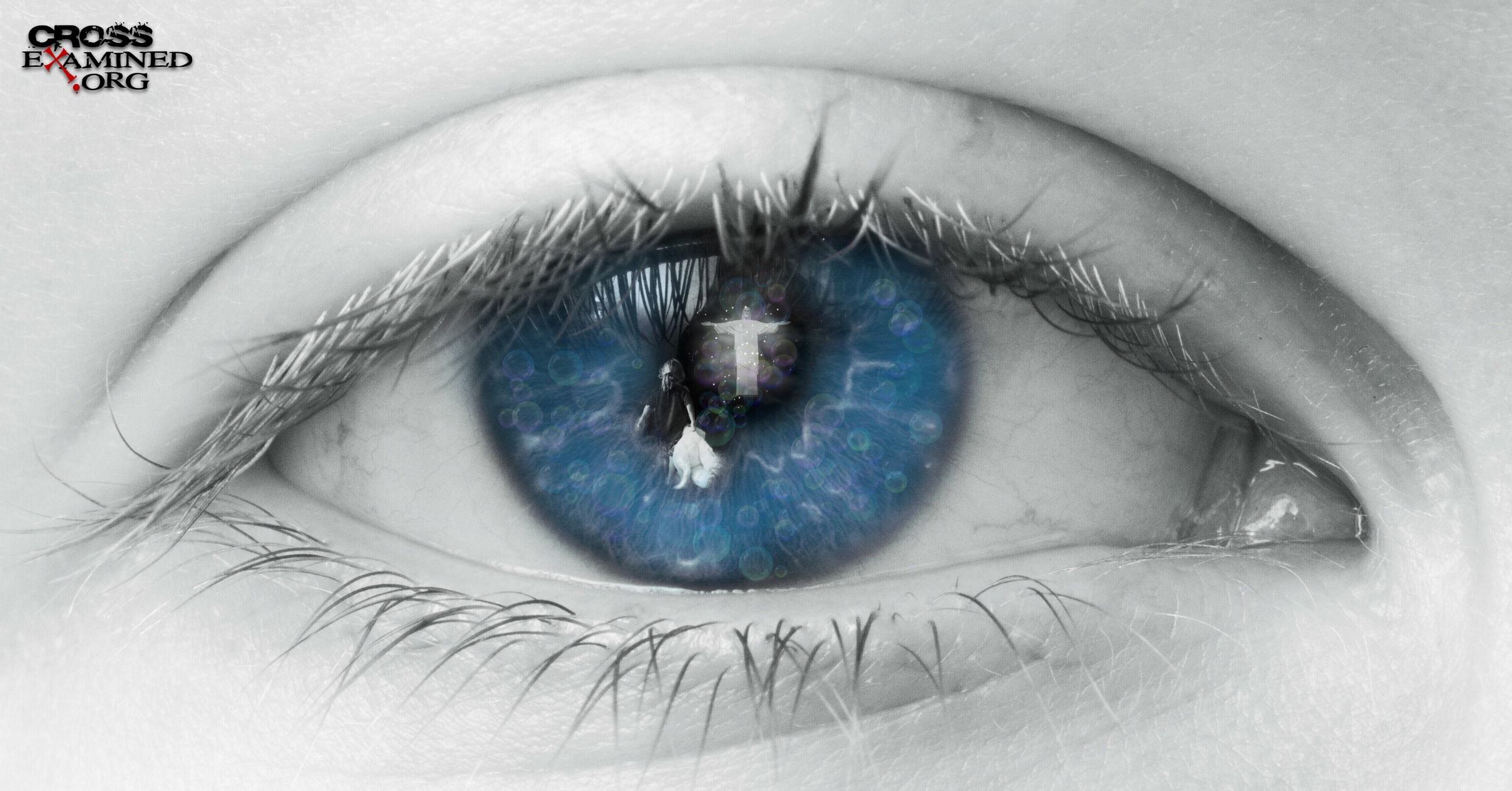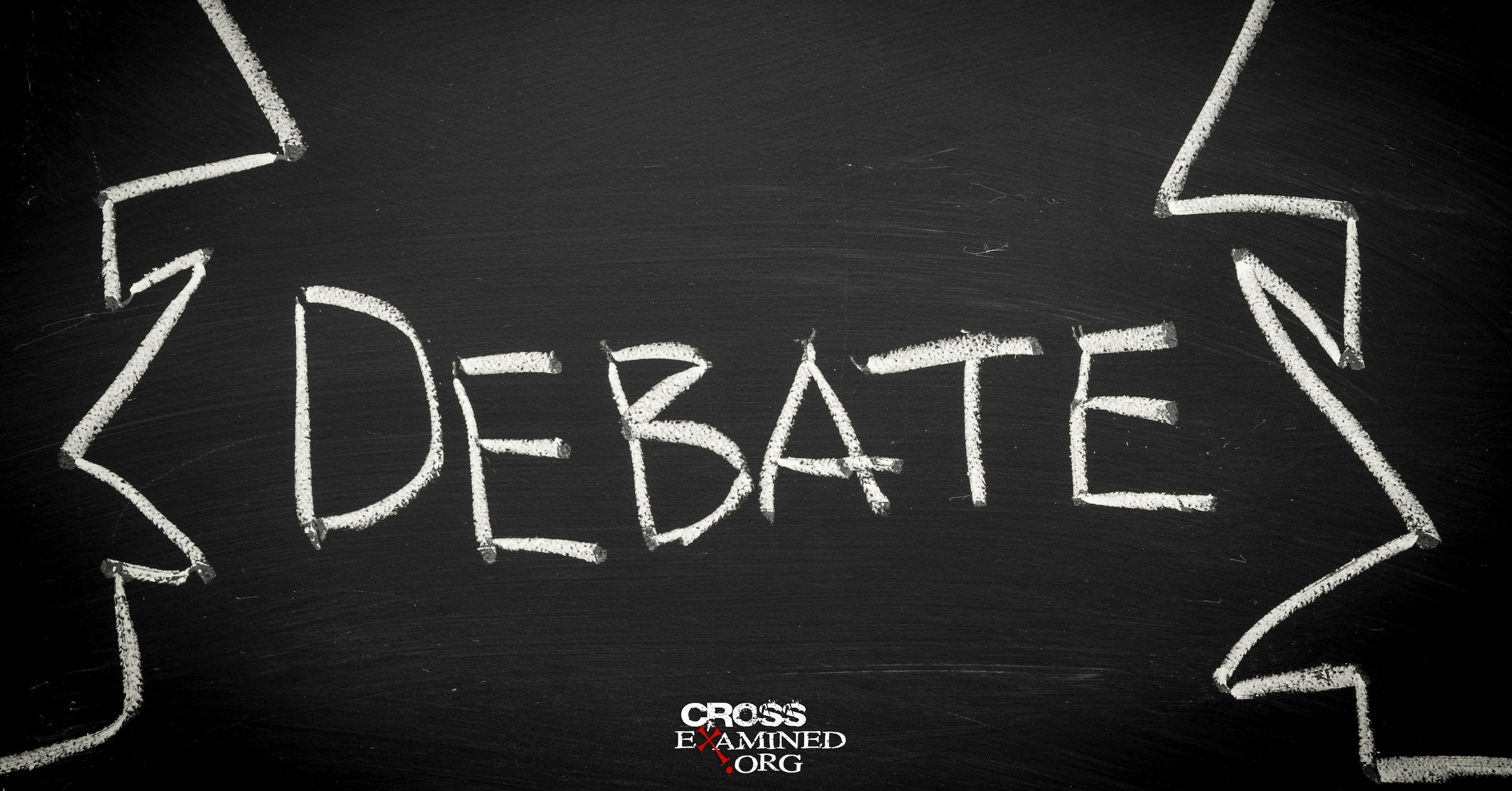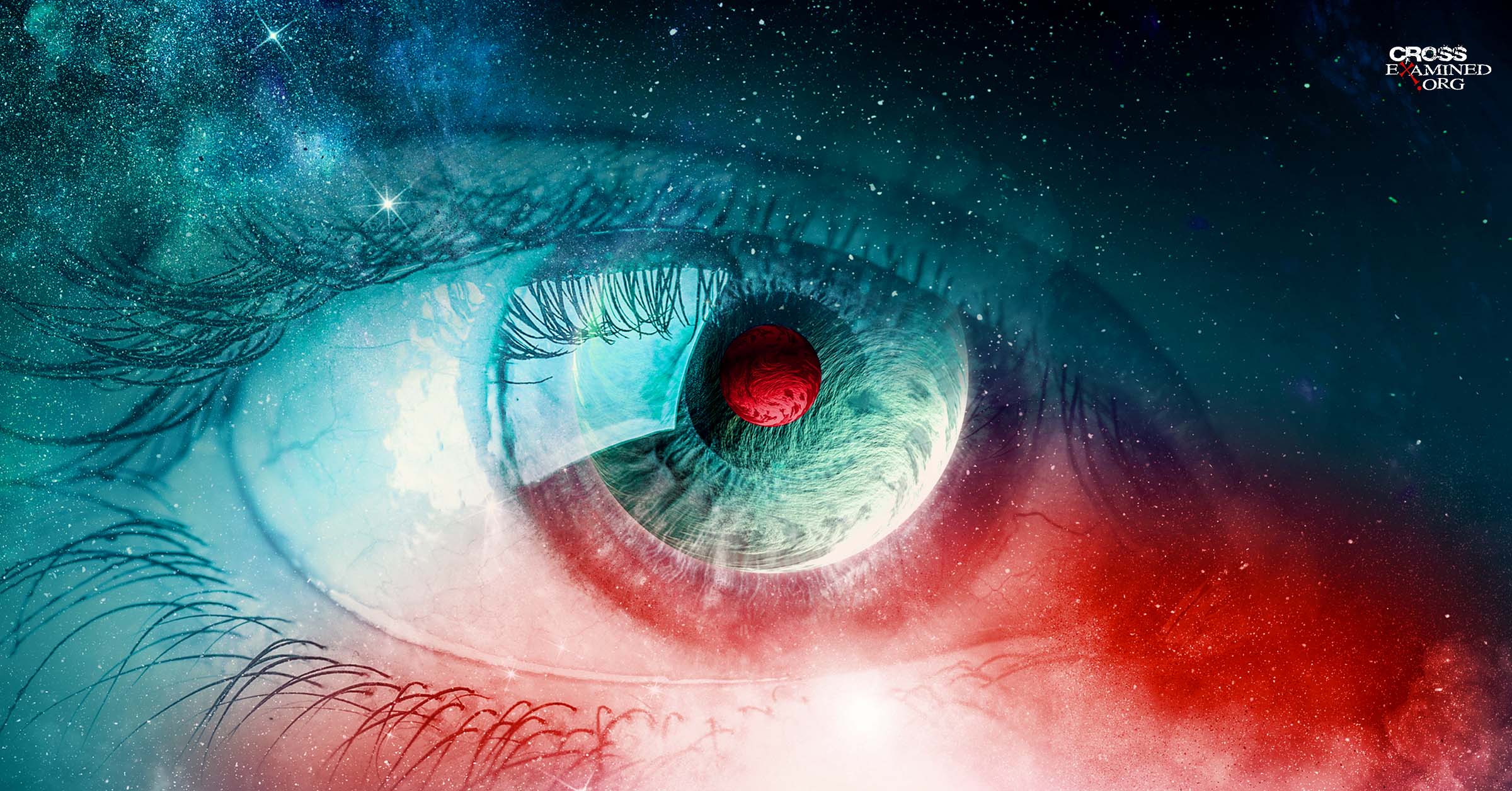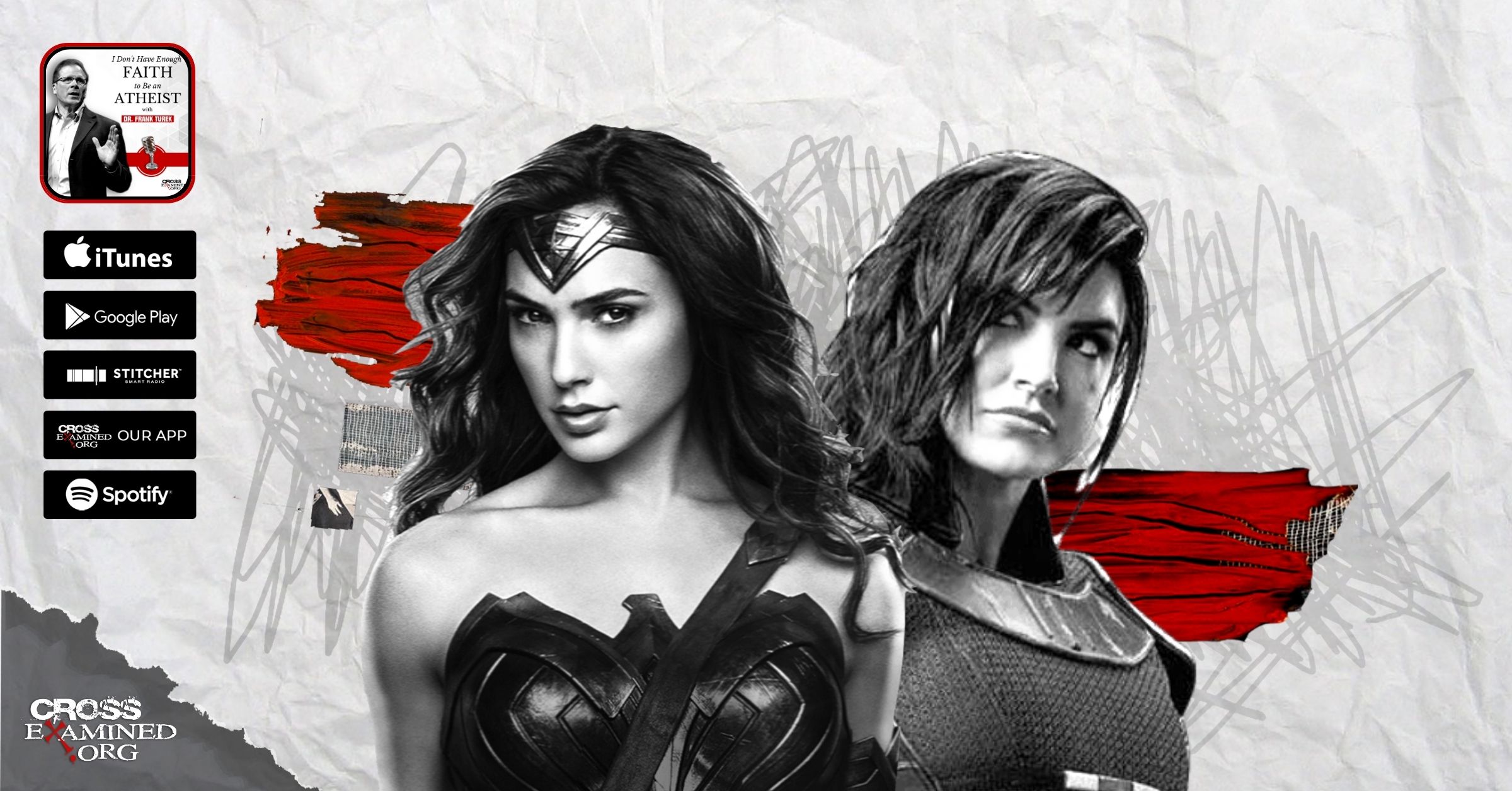5 Important Books I Read During 1 Year of COVID (That You Should Read Too)
I’ve always enjoyed reading. And when the COVID lockdowns began in March 2020, there wasn’t much else to do for a long time. I took full advantage of this, though, and over the next year, I read a lot of books over a wide range of topics. For instance, I read the entire Chronicles of Narnia series by C.S. Lewis with my son (in the correct order), which was wonderful.
But not all of my reading was for fun. I focused mostly on current cultural issues, given all that went down in 2020. I wanted to better understand what was going on, how things got so bad, and maybe get some ideas on how to fix it. Since I’ve recommended many of these books to others, I figured I would just share my list with everyone. Here are the five most important books on culture that I read from March 2020 to March 2021, along with some honorary mentions:
1) Live Not by Lies: A Manual for Christian Dissidents by Rod Dreher
If you only read one book on the list, this one should be it. Rod Dreher compares our modern society to totalitarian regimes around the world, and the similarities are scary. He warns of the loss of our religious freedoms as well as the Church’s impending persecution. Dreher discusses many important topics, such as surveillance capitalism (“Alexa, please record all of my conversations.”) and soft totalitarianism (cultural coercion instead of government coercion), as well as what Christians must do to stand firm in the face of increasing hostility. After reading Live Not by Lies, Dreher’s Benedict Option looks more appealing than ever.
2) The Coddling of the American Mind by Greg Lukianoff and Jonathan Haidt
This book addresses the harm that well-meaning adults have caused young people by sheltering them within a culture of safetyism—absolute safety at all costs. Such coddling has impeded young people’s ability to develop grit and autonomy, making them overly dependent on moral authority and unable to withstand conflict. While this has had the greatest impact on college campuses, we can all see how it has spilled into society at large. The authors seek to expose the three lies of safetyism and teach parents, educators, and everyone else how to raise the next generation to be resilient and independent.
To learn more about The Coddling of the American Mind, visit the book’s website.
3) Cynical Theories by Helen Pluckrose and James Lindsay
If you’ve been paying any attention to current events, you’ve likely heard of Critical Theory (CT) or Critical Race Theory. Simply put, CT is a motivating school of thought behind many political and academic movements within our society, an ideology that is capable of destroying any type of open-minded, liberal debate. Cynical Theories is a thoroughly-researched academic (yet accessible) book that teaches the history of CT and how it has influenced the modern Social Justice movement. While some topics may seem outrageous to uninformed readers, such as fat studies (yes, that’s a thing), the authors give all of the content a fair and honest evaluation.
If you wish to seriously study the influence that CT has had on practically every modern field of study, you need to read Cynical Theories. Oh, and did I mention that the authors are atheists? CT isn’t just a Christian boogeyman; it’s a problem for everyone.
To read a more thorough overview, see Neil Shenvi’s review.
4) The Madness of Crowds: Gender, Race and Identity by Douglas Murray
As the title states, this book examines three of the most divisive issues in our culture today: gender, race, and identity. It focuses on how news media and social media are destroying our society through mob mentality and tribalism. Just be warned: this book is very spicy. If you haven’t been following the cultural narrative regarding gender, race, and identity, prepare to be shocked, and possibly outraged.
Again, for a greater overview, read the review by Neil Shenvi.
5) The Rise of Victimhood Culture by Bradley Keith Campbell and Jason Manning
Canceling. Safe spaces. Trigger warnings. Microaggressions. These are all features of victimhood culture, a moral culture in which victimhood is a sort of social currency—the greater one’s victimhood, the higher one’s social or moral status. This book traces the rise of victimhood within our society, noting how it stems from our general dignity culture, which stresses the dignity for all persons, while adding elements of honor culture, in which even the slightest of insults cannot be tolerated. If you wish to understand how our society has become obsessed with victimhood and offended about practically everything, you need to read this book.
These are 5 of the most important cultural books I read from March 2020 to March 2021, which I highly recommend to you as well. Note that only one of the books criticizing our modern culture is Christian, so it’s good to know that there are people across the religious and political spectrum who are concerned with the current state of our society.
Honorary Mentions
Now, if you’ve already read all five books above, or you’re looking for even more recommendations, here are some honorary mentions:
1) Anything by Thomas Sowell
Not everything I read during the pandemic was good. I saw Robin DiAngelo’s White Fragility referenced and recommended far and wide, so I thought I should see for myself what all the fuss was about.
My verdict?
It’s terrible. Stay far away from it. This book is mental poison, filled with gross generalizations and slander of whites, unprovable and unfalsifiable assumptions, cherry-picked anecdotal evidence, and extremely poor reasoning. White Fragility peddles racism and white guilt and it will only fuel greater racial animus and division within our society. Shame on anyone foolish enough to be manipulated by the nonsense DiAngelo spews in this book.
And lest you think this is all just an example of my own fragility, it’s been trashed by plenty of others as well, such as us at FreeThinking Ministries, Samuel Sey, Neil Shenvi, Ben Shapiro, James Lindsay, John McWhorter… just to name a few.
Why do I mention all of this? As a mental detox for torturing myself with White Fragility, I read a few books by Thomas Sowell (thanks to Wintery Knight’s constant recommendations). Now, some accuse Sowell of being too conservative (as if that’s a bad thing), but his work still serves as a counterbalance to many progressive racial and economic talking points.
During the pandemic lockdowns, I read (or listened to – another thanks to WK for turning me on to audiobooks) Disparities and Discrimination, Economic Facts and Fallacies, Charter Schools and their Enemies, and White Liberals and Black Rednecks. They’re all great, and I would recommend any of them based on your individual interest.
But is there one book by Thomas Sowell that I recommend to beginners? Again, it depends. If you want a response specifically to economic claims along racial lines, read Disparities and Discrimination. If you want a general response to progressive economic talking points, read Economic Facts and Fallacies.
2) 1984 by George Orwell
No, this isn’t a joke. The only reason I didn’t include it on the main list was to limit it to non-fiction books about modern cultural issues. However, the events of 1984 are quickly becoming current events. While I vaguely remembered much of the book from past readings, I was alarmed by how many of its events are now happening in our culture, such as blatant doublethink, erasing history down memory holes, and punishing people for thought crimes.
If you haven’t read 1984 since high school, or you’ve never read it before, do yourself a favor and read it. You’ll be shocked by how much the events of this dystopian novel written in the mid-20th century parallel our current society.
3) The Rise and Triumph of the Modern Self by Carl Trueman
This book isn’t on my main recommendation list since it’s a long, tough, academic read. Also, I’m still working through it… slowly. But it’s very important in how it traces the psychological history of how our society has come to value expressive individualism over all else, and how gender and sexuality have become such important aspects of personal identity.
Happy reading!
Recommended resources related to the topic:
I Don’t Have Enough Faith to Be an Atheist (Paperback), and (Sermon) by Norman Geisler and Frank Turek
Stealing From God by Dr. Frank Turek (Book, 10-Part DVD Set, STUDENT Study Guide, TEACHER Study Guide)
__________________________________________________________________________________________________________________________________________________
Timothy Fox has a passion to equip the church to engage the culture. He is a part-time math teacher, full-time husband, and father. He has an M.A. in Christian Apologetics from Biola University as well as an M.A. in Adolescent Education of Mathematics and a B.S. in Computer Science, both from Stony Brook University. He lives on Long Island, NY with his wife and two young children.
Original Blog Source: https://cutt.ly/SbYkuKC


